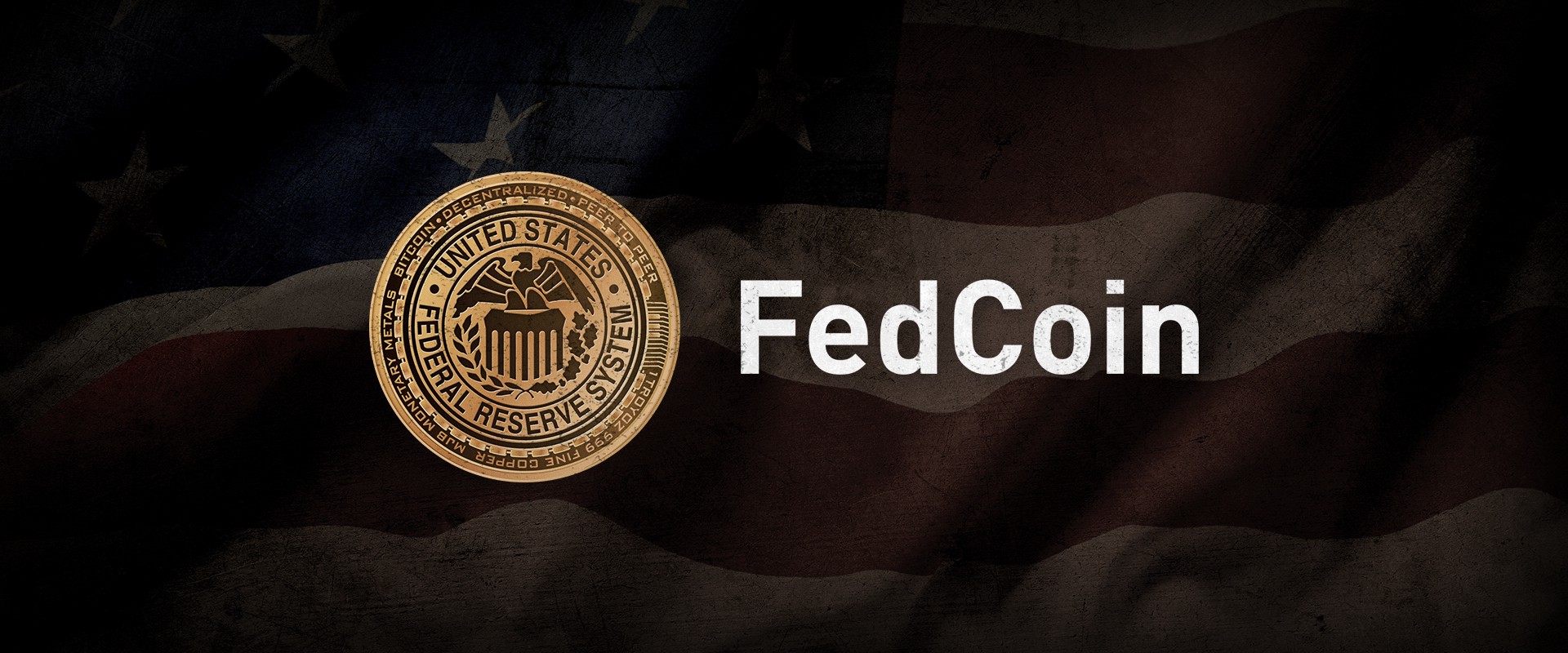PALO ALTO, Calif. (Reuters) - The Federal Reserve is looking at a broad series of problems around digital payments and currencies, including policy, design and legal considerations around potentially providing its own digital currency, Guv Lael Brainard stated on Wednesday. Brainard's remarks suggest more openness to the possibility of a Fed-issued digital coin than in the past." By changing payments, digitalization has the possible to provide greater worth and convenience at lower cost," Brainard stated at a conference on payments at the Stanford Graduate School of Company.
Main banks internationally are debating how to handle digital financing technology and the distributed ledger systems used by bitcoin, which promises near-instantaneous payment at potentially low cost. The Fed is developing its own day-and-night real-time payments and settlement service and is presently evaluating 200 remark letters submitted late last year about the suggested service's design and scope, Brainard stated.
Less than two years ago Brainard informed a conference in San Francisco that there is "no engaging showed requirement" for such a coin. But that was prior to the scope of Facebook's digital currency aspirations were extensively known. Fed officials, consisting of Brainard, have actually raised issues about customer securities and information and privacy hazards that could be posed by a currency that might enter into usage by the 3rd of the world's population that have Facebook accounts.
" We are collaborating with other central banks as we advance our understanding of reserve bank digital currencies," she stated. With more nations checking out providing their own digital currencies, Brainard stated, that includes to "a set of factors to also be making sure that we are that frontier of both research and policy advancement." In the United States, Brainard said, issues that need research study consist of whether a digital currency would make the payments system more secure or easier, and whether it could present monetary stability dangers, including the possibility of bank runs if money can be turned "with a single swipe" into the reserve bank's digital currency.
To counter the financial damage from America's unprecedented national lockdown, the Federal Reserve has actually taken extraordinary actions, consisting of flooding the economy with dollars and investing straight in the economy. The majority of these moves Go to this site received grudging approval even from many Fed doubters, as they saw this stimulus as required and something just the Fed might do.
My brand-new CEI report, "Government-Run Payment Systems Are Unsafe at Any Speed: The Case Against Fedcoin and FedNow," details the threats of the Fed's present strategies for its FedNow real-time payment system, and proposals for central bank-issued cryptocurrency that have actually been dubbed Fedcoin or the "digital dollar." In my report, I talk about concerns about personal privacy, information security, currency manipulation, and crowding out private-sector competitors and development.
Proponents of FedNow and Fedcoin state the government must produce a system for payments to deposit quickly, instead of encourage such systems in the economic sector by raising regulative barriers. But as kept in mind in the paper, the economic sector is offering a relatively limitless supply of payment technologies and digital currencies to fix the problemto the extent it is a problemof the time space between when a payment is sent out and when it is gotten in a bank account.

And the examples of private-sector development in this area are numerous. The Clearing House, a bank-held cooperative that has actually been More help routing interbank payments in numerous kinds for more than 150 years, has been clearing real-time payments considering that 2017. By the Click for source end of 2018 it was covering half of the deposit base in the U.S.